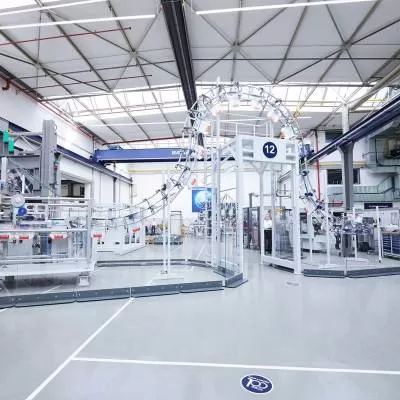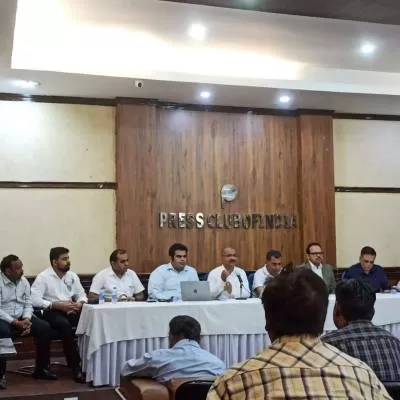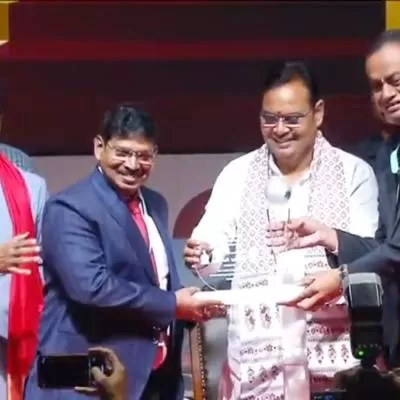Schedule a Call Back
Govt to soon launch one-stop-shop on agri data to benefit farmers and reduce costs: CEO PMFBY
?PMFBY, PM-Kisan, the soil health card, are all being integrated through a common database along with land record details over the period of time. This will act as a one-stop-shop for data, including access to finance by farmers, start-ups, and researchers for developing new apps, so that the benefits reach the grassroots,? he added.
Addressing a webinar on AI & Digital Applications in Agriculture, organised by the industry chamber the Federation of Indian Chambers of Commerce & Industry (FICCI), jointly with the German Agribusiness Alliance, Dr. Bhutani said that the data would be reliable and that the government intended to launch it soon.
?The government acting as an enabler is a critical factor in faster adoption of artificial intelligence (AI),? he said.
Dr. Bhutani further stated that developing standards for sharing and improving the quality of data will be monitored closely by the government.
?The government is working to provide an enabling environment where the private players and government can work together to bring the benefit of artificial intelligence to all the farmers and the consumers. This will also help in bringing down the price for the consumers as well as getting the best price for the farmers,? he emphasised.
Dr. Bhutani added that India has about 145 million farmlands with very small holding size, which is around one hectare per holder. The target of doubling farmers? income is a massive task to be achieved. ?AI would play a major role in ensuring that targets are met. There is a need for digitalisation in the agriculture sector,? he added.
Elaborating on the PMFBY, he said that since its launch, the scheme had led to a radical shift in the way crop insurance is implemented in the country. It is the third biggest programme in the world after the US and China?s programmes.
?Technology is the way forward for implementation of the programme,? said Dr. Bhutani.
While highlighting the initiatives of the government, Dr. Bhutani said that the biggest challenge was to increase crop production by 50 per cent over the next 20-30 years, with a limited scope of increase in the farming area.
?The entire focus has shifted to using technology for managing food security and other aspects of agriculture. AI can be effectively used in soil monitoring, predictive data analytics and improving supply chain inefficiencies. The national e-governance project on agriculture, which has been revisited this year, has given the focus on using information technology, AI, machine learning, etc.,? he noted.
He further stated that the use of AI and digital technologies for smart crop cutting experiments will further improve the accuracy of forecasts and lead to effective implementation of the PMFBY.
A FICCI-PwC report, ?Ushering in new growth wave: From Artificial Intelligence to Agricultural Intelligence? was also released during the webinar. According to the report, globally, the market size of AI in agriculture stood at USD 0.85 billion in 2019, and it is expected to reach USD 8.4 billion by 2030, with a CAGR of 24.8 per cent.
Precision agriculture and farm management is the largest category within the AI and related technology segments, wherein the predictive analysis is the fastest-growing sub-category. Mobile connection penetration in India would increase to 85 per cent by 2025 from the current level of 78 per cent while smartphone adoption is forecasted to reach to 84 per cent by 2025 from its current level of 67 per cent. These, in turn, would prove to be strong enablers for the adoption of AI and technology in the agriculture sector, said the report.


Subscribe Now
Subscribe to our Newsletter & Stay updated
RECENT POSTS
Popular Tags
Folliow us











